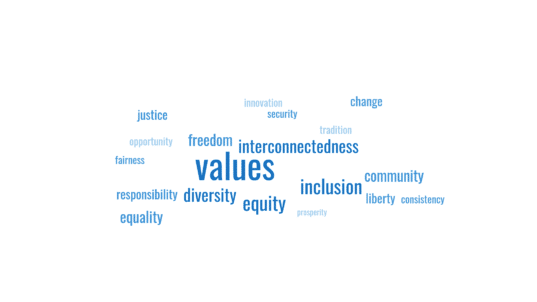It’s time to declare individual recruiting a dead-end approach. The results of upwards of 60 IF public discussions are clear: group-based recruiting is superior. Whether thought of in terms of “’efficiency” or “sustainability,” its advantages over individual recruiting are now patently obvious—or whatever is more obvious than that. It’s time we stop trying to create groups around discussion and start injecting discussion into groups that already exist. Ex nihilo creation is great, but requires mythical capabilities. Fortunately, a humbler approach can work just fine: piggyback on the efforts and organizations of others.
Trying to create discussion groups by recruiting individuals is hugely time consuming. And the groups fall apart without constant tending. This is because discussion is rarely glue enough to hold groups together. This is why it almost always makes sense to start with groups that are already there, that have their own religious, social, economic, political, or recreational reasons for existing. We’ve had it all wrong: rather than building our own social capital, we should be building on that of other groups.
If we do, we will be relieved—more or less permanently—of the need to pitch, sell, and explain the IF Process. Our community contacts will do that for us. We won’t have to do it 101 times on the phone or via email to get people to participate. And, once we’re in the same room, we’ll be able to get on with the discussions.
If we do, we can build on the shared values and connections in the room, rather than thinking we need to create them.
If we do, we can look forward to repeat invitations—the group will still be there, held together not only or primarily by its interest in discussion but by whatever brought it together in the first place.
The community organizer who can deliver public discussion groups at the drop of a hat is the El Dorado of facilitating public discussions. You can become that person if you work hard at it. Or you can go find one. I found mine at the local Rotary club. She is willing to use her connections for me because she trusts me personally and endorses our work. She’s the bridge between me and the community. People here respond to IF invitations not because they know me or IF or have a burning need for civic discussion; they respond because my contact asks them to.
It’s not what you know. . .



